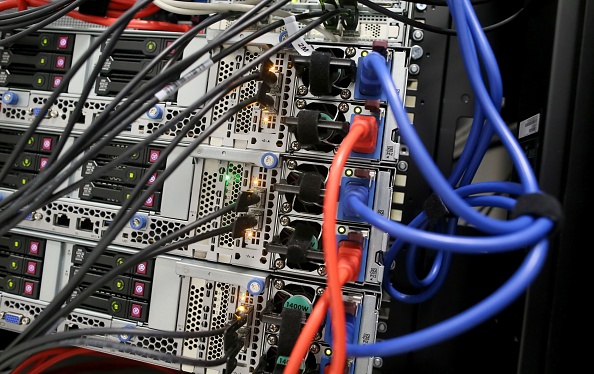You could be sitting on a data goldmine, so keep your data safe

How much data do you think you produce each day? Take a moment to think about it. The figure you came up with is likely wildly underestimated. The reality is that we collectively produce quintillions of gigabytes of data every day.
Cut yourself some slack — coming up with an accurate number is no easy feat. It’s very difficult to specifically estimate how much data we personally create, but we can more easily guess its apparent value.
Veeam’s recent research found that UK consumers view the data they independently produce each year as worth £27,000 on average. For many of us, that’s an entire course of further education, a car, or even a house deposit.
The great unknown
At a time when data privacy concerns and regulatory changes dominate headlines, it’s refreshing to see that people have taken notice of their digital value to companies and now hold it in such high regard. But what’s more interesting is that, despite rising awareness levels, there is still so much that both firms and consumers don’t understand when it comes to data.
We might all be generating huge swathes of information, but we only understand two per cent of the data that is collected. There’s still 98 per cent waiting to be analysed.
What would happen if we had the tools to analyse this data, or could read it in ways that just aren’t possible right now? We might have answers to problems that we’ve so far been unable to solve, or ask new questions that we’ve never thought of before.
Data that is sitting idle on our systems could help to solve problems which span many walks of life. It could be a crime waiting to be solved, a medical condition waiting to be cured, or even a planet outside our solar system that could be habitable.
We witnessed the last example in practice when archived data captured by Nasa’s Hubble Space Telescope discovered that there was water vapour in the atmosphere on K2-18b, an Earth-size planet 124 light-years away. This bolstered hope for finding habitable worlds beyond our solar system.
Take care
It’s no secret that artificial intelligence and machine learning are quickly becoming smarter, meaning that our ability to interpret and process data is getting stronger by the day.
The most important action we can take while we wait for those other possibilities is to ensure that we’re taking great care with protecting our data — not just from malware and theft, but also from accidental damage. After all, failure to keep our data available could result in almost immeasurable loss in years to come.
But what does “great care” look like? It starts with having the right tech in place to make sure that data isn’t at risk of disappearing. Cyber security is often the first thing to be discussed when planning out the effective safety and management of data, but respect must also be paid to backup and storage solutions which help ensure that data and services are always available — no matter the circumstances.
Unexpected value
It might seem overly paranoid, but high-profile issues with WhatsApp, Facebook and TSB have shown us that when key services disappear, operational chaos follows. Losing access to data works in very much the same way, and could have far greater long-term consequences.
Businesses need to ensure that they are thinking now about how they can keep data available. Not only could it prove crucial for keeping customers on board, but when the pace of technology brings new possibilities, we could all realise that the data we have kept has a value we never anticipated.
In that respect, we could all be sitting on our own data goldmines.
Sign up to City A.M.’s Midday Update newsletter, delivered to your inbox every lunchtime
Main image credit: Getty